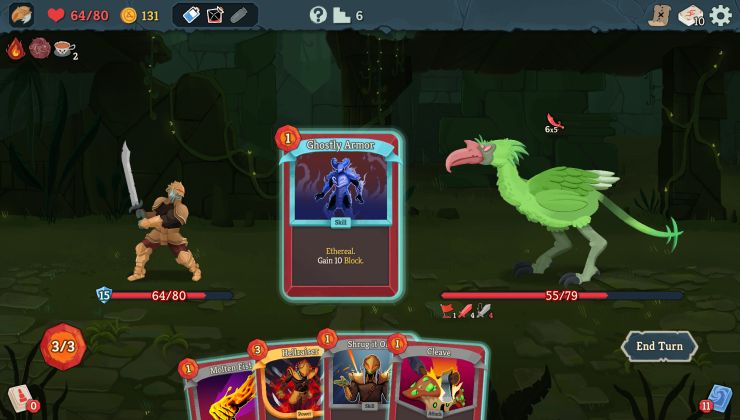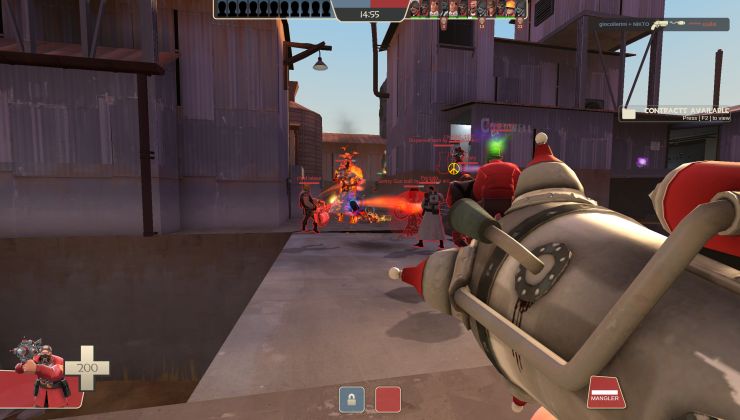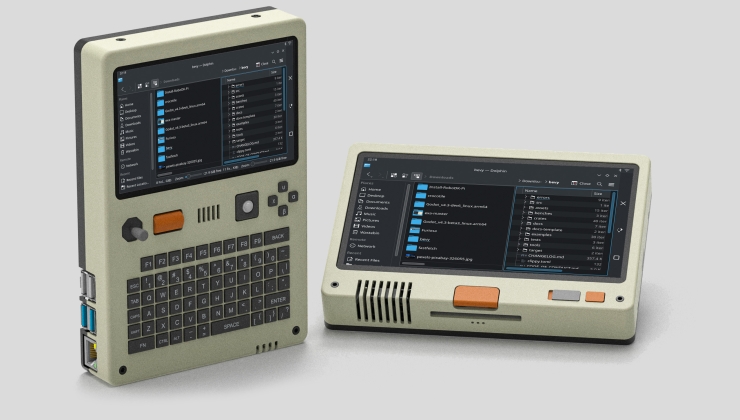Robert McQueen, CEO of the Endless OS Foundation and GNOME Board President, has given a big update on what's going on with Flathub. A lot of work has been going in towards updating Flathub from a list of apps, into a full build service and app store complete with payment processing. This includes developer verification, user accounts and more.
You might remember my recent article talking about their funding proposal, where Flathub plans to expand the types of monetization they can offer to developers (amongst many other plans) but they need funding to finish up everything. They were asking the Plaintext Group to help with that but sadly they got turned down. That's not the end of it though, the show must go on and they're currently in discussions with NLnet about funding.
For 2023 so far they've been granted $100K from the Endless Network, but McQueen said they're hoping to to get at least $250K for this year, which is why they're seeking more funding partners.
So what else have the folks involved in Flathub been up to, and what are they planning together? A lot.
First up, some stats were revealed! They have:
- Over 2,000 apps.
- Over 1,500 collaborators.
- Averaging 700,000 downloads a day.
In the post McQueen believes that Flathub has "solved the largest technical issue which has held back the mainstream growth and acceptance of Linux on the desktop" by providing an easy place for developers to publish their work, and making it easy for users to get it. I'm sure Canonical and Snap will have something to say about that…
Direct Uploads are in progress too and close to being ready, helping developers with even more automation mentioning "they enable exciting stuff like allowing Electron apps to be built outside of flatpak-builder, or driving automatic Flathub uploads from GitHub actions or GitLab CI flows".
McQueen believes now the biggest barrier for the Linux desktop is economic, and that's why we have fewer developers and apps doing stuff for Linux, noting that "as a community we continue to have a challenging relationship with money". It's true, everyone needs to eat, and you can only do so much as a hobby while working a paying job elsewhere. And so if there's no proper incentive for developers they "would be forgiven for taking their time and attention elsewhere".
This does touch on another good point, talking about how this is an issue for "diverse and inclusive participation", since without everything in place for developers to earn a living on Linux we end up requiring "that somebody is in a position of privilege and comfort that they have internet, power, time, and income—not to mention childcare, etc.—to spare so that they can take part". It's all about "shared success", giving everyone the opportunity.
They're also looking into creating an Advisory Board, so there's some proper governing of everything. This includes moving the legal side of the operation from the GNOME Foundation, who have been handling it, into an independent legal entity.
On top of that there's plans for a form of Flathub Focus Groups, which will be launching at the Linux App Summit in May 2023, and some form of online participation too for you to have your say.
Will ensuring Flathub has everything in place for developers to actually sell apps make a difference? I think it could. Speaking personally, if I'm looking for an app now, Flathub is usually the first place I look, no matter the Linux distribution I happen to be running. It's a nice feeling too, being able to just tell people to "grab it on Flathub", instead of needing to find their exact distribution, version and then find a package for them. Hopefully that idea will keep growing too, so that more developers put their apps and even games on there.
What are you thoughts on everything Flathub?
While those things are, in principle, all positive I still worry a bit that this move might end up going in a less than ideal direction.
Flathub is already pretty great now. And most app stores are complete garbage, filled with proprietary shovelware full of malicious functionality (spying, ads, lock-in...). Making flathub into an app store could easily mean a huge downgrade.
Similarly, Linux apps - in particular the simple apps that you'd get from an app store¹ - are already pretty damn good. PDF viewers, torrent clients, media players, image programs, system utilities, text editors, browsers, compression tools, it's all good; the only reason Linux isn't better than other systems is because open-source apps are generally multiplatform and make their way to Windows at least. It is definitely fair that those great apps could make their developers some cash, but I don't know if the "economic incentive" (or profit motive) would make for better apps. It would be an incentive for shovelware, for allowing bullshit into the repos/store, for showing ads "to help devs"... in my experience, the FOSS apps made with no expectation of payment are generally better than the commercial alternatives, despite the obvious advantages the latter enjoys. In the end, it depends on what posture Flathub will have - what it will allow, what it will promote, who it will hear, etc. But this "make everything into a market, it is the best thing always" mentality is suspicious.
¹ For big professional software suites like Adobe or Autodesk, they definitely aren't waiting for payment processing in an app store. For specific things like games, it's not like Flathub will replace the dedicated stores. And for many things like my city's bus app, local university or restaurant apps, and many others the barrier is not the distribution, just adoption of the system and people giving a fuck about it
I think the main goal is to allow for easy donation, which is a problem because open source requires time and effort. Making it easier to donate will reward devs for their work, which is a net positive in my book
Last edited by Adutchman on 8 March 2023 at 9:08 am UTC
i mean, who use package managers when we have "Steam" ?
i do but most people wont.
not to mention that , it has been 30 years and linux didnt grow much, i dont see how that will change any time soon.
it has been 30 years and linux didnt grow muchGaming on Linux didn't either.






See more from me